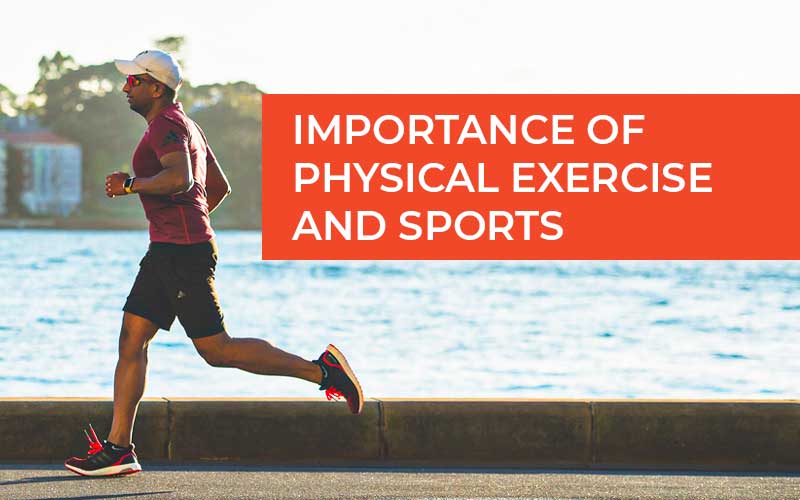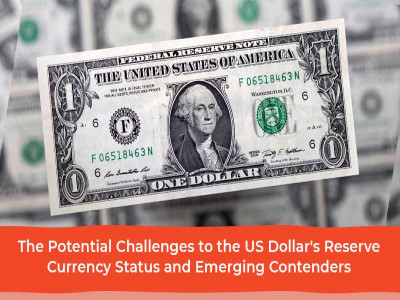
Importance of physical exercise and sports
Physical activity and sports are essential for people of all
ages to maintain healthy physical and mental health. Sports' beneficial results
are generally obtained through physical activity, which has numerous health
benefits such as social and personal development as well as improved mental
health. However, there are also negative consequences to consider, such as the
danger of breakdown, accidents, eating disorders, and burnout.
Physical activity can be natural or planned and divided into several purposes, such as physical exercise and physical training. A lack of physical activity paired with increased energy intake results in an energy surplus, which causes health problems. There is evidence to support the idea that being active, even in a small way, is preferable to being inactive or sedentary.
Exercise and physical activity have been shown to significantly reduce the risk of or treat a variety of mental illnesses, including depressive symptoms and anxiety- or stress-related diseases.
It is advised that each child and adolescent should engage in at least 60 minutes per day of physical activity, primarily cardiovascular, and at least three times per week of muscle-strengthening activity. Adults over the age of 18 should engage in aerobic physical activity for at least 75 minutes a week at a vigorous intensity or at least 150 minutes a week at a moderate intensity. Physical activity that builds muscle should be done twice per week. Elderly people should combine balance training with aerobic exercise to increase their aerobic work capacity, muscle strength, and balance.
A certain level of physical activity is necessary for the human body to maintain longevity and general well-being. Physical activity has immediate and long-lasting benefits that have profound effects on one's health. For instance, aerobic exercise helps maintain weight following weight loss, normalises blood lipids, and combat cancer and its negative effects.
Participating in sports can have both beneficial and negative consequences for health, with favourable effects being mostly attributed to physical activity. Young individuals need a different setting than adults, since adults' environments are built around measuring and evaluating performance. Nevertheless, there are some abilities that can be applied from the sporting environment to other spheres of life. As more people participate in organised sports and training nowadays, public health is improving.
In my conclusion, physical activity and participation in sports are essential for sustaining both mental and physical well-being. The beneficial impacts of athletics are predominantly physical in nature, with other health advantages including social and personal growth, increased mental health, and decreased substance abuse. Having said that, you do not need to take part in a variety of sports; just be physically active in one, such as badminton, football, etc.
Disclaimer: The opinions expressed in this article are those of the author's. They do not purport to reflect the opinions or views of The Critical Script or its editor.

Newsletter!!!
Subscribe to our weekly Newsletter and stay tuned.

















Related Comments